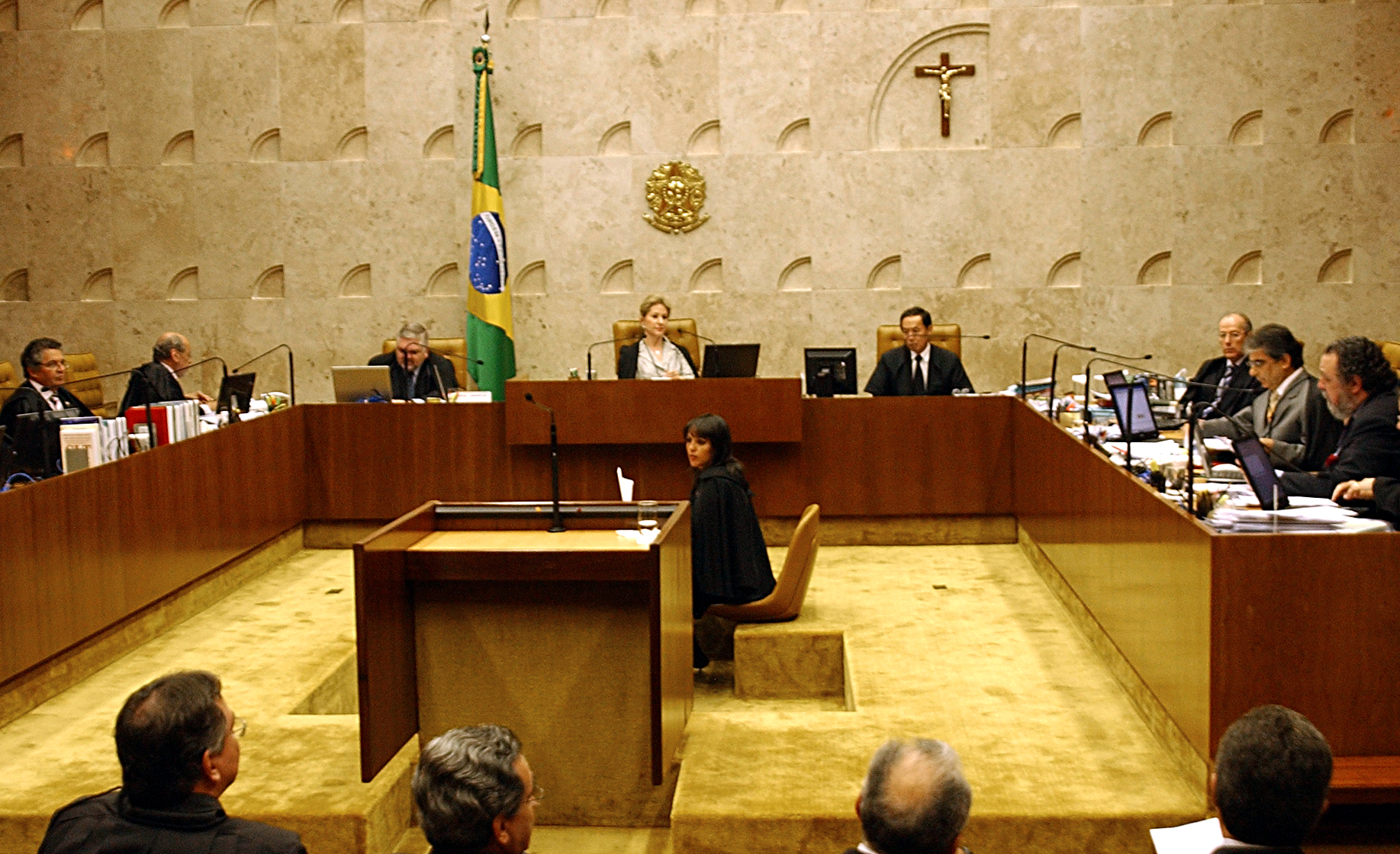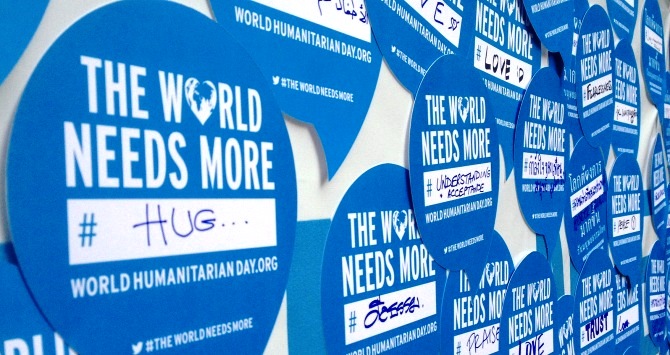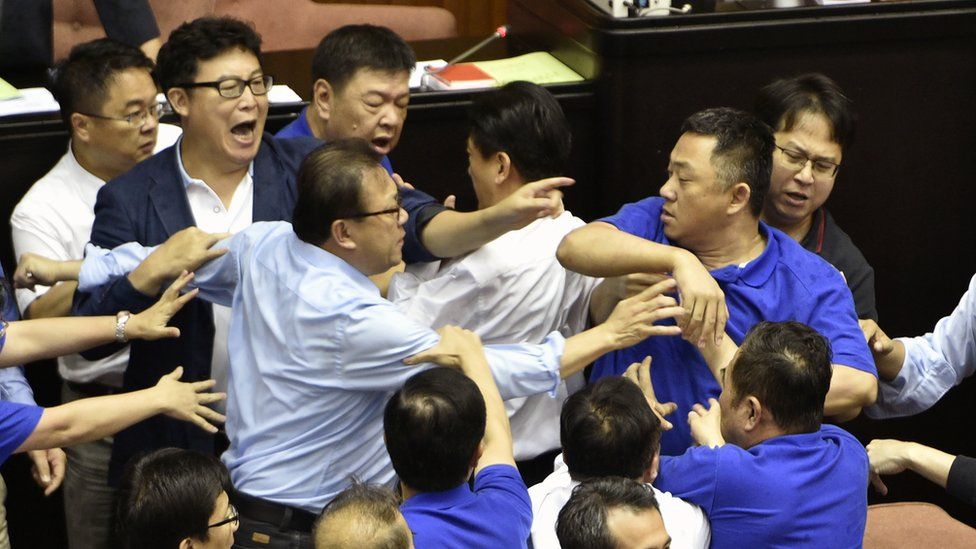In the fourth blog post of this five-part series, Professor Jean-Paul Faguet uses Bolivia’s experience to derive four more lessons for the West.
PART 4: Four more lessons for the West
Fifth, any new politics of identity is bound to be far more exclusive, built on categories that only some can access. This would represent a danger not just for affected societies, but for democracy as an ideal. The reason is that the sorts of compromises amongst competing factions that are necessary to make democracy work are far easier to find in economic space, where the main factions define themselves and their principal interests in economic terms. This is because technological and organizational change have a habit of increasing the size of the economic pie, facilitating positive-sum policy options that are mutually beneficial. For example, the acute revolutionary pressures faced by many Western countries in the 19th century were allayed in large part by education, health, and welfare reforms. These hugely improved workers’ lives, but at the same time made them, and hence firms, more productive. Workers benefited and capitalists did too.
Mutually beneficial compromises are harder to find in issue-spaces defined by identity. Divisions are more rigid, and rewards more often positional, measured in terms of status. As a result, such contests tend to be zero-sum. And the definition of zero-sum games is that winners win at the expense of losers. Consider, for example, special preferences for government jobs in India and Malaysia. If Dalits and ethnic Malays are preferred, they must, by definition, be preferred over other groups; some must lose for others to gain. Parties that advocate for one group’s rights cannot simultaneously favor others too. The margin of positive-sum games is smaller in this sort of politics, and so the margin of conflict grows.
Sixth, what are likely triggers of political re-alignment in the West? In Bolivia, the trigger was a deep institutional change: radical decentralization. This significantly changed the country’s administrative arrangements, created a large new category of politicians, and transformed political incentives throughout the system (Faguet 2016). In the UK, Brexit is a larger institutional change likely to cause even greater political, economic, and administrative upheaval. Uncertainty will reign, first about what the new rules will be, and then about their likely effects, for years. The incentives of economic and political actors will change significantly; many will lose and some will win. In EU countries (and their neighbors), the collapse of the euro, or worse of the EU itself, would surely have similar effects. Such environments are treacherous for established politicians and parties. They present a wealth of opportunities for political entrepreneurs to exploit voters’ fears to disrupt the establishment and launch new discourses and parties in new dimensions of political contestation. Other triggers may yet assert themselves in Europe. But for the moment, these are the two to watch.
Seventh, how will new parties emerge? In Bolivia, as we have seen, the process was bottom-up, emerging first in rural villages and towns. This is less likely in Europe and the US, where far richer societies organize themselves differently and social relations follow different patterns. As many researchers have noted, “social capital” increases in Bolivia as one descends the social pyramid towards the poorest and least educated (Albó et al. 1990, Faguet and Ali 2009, Healey 1987). This is very much unlike the West, where the poorest in society tend to be atomized – beggars in the street – and social organization and trust rise with income and education.
In the West, by contrast, modern technologies of communication and social media have penetrated society to a much greater extent. Here, bottom-up emergence could take the form not of village association, but digital intermediation. Facebook, WhatsApp, and the rest have already shown powerful effects organizing demonstrations, affecting electoral outcomes, and even overturning governments. In the West, nativist-populist politicians have proven especially adept at using social media to identify and mobilize supporters by spreading atavistic ideas about identity, race, and the dark threat of the unknown. We see this clearly in the rise of figures like Le Pen, Trump, and Wilders. Such beliefs are easier to sustain in the cyber-vacuum of the internet, where wild-eyed accusers never quite face their accused. The dangers to the West if this type of connectivity supplants the traditional, face-to-face sort are manifest.
Eighth, why is political realignment around identity good for Bolivia, but likely bad for Europe and the US? The first answer is that we cannot yet tell if it will be good for Bolivia. The events following realignment have so far been positive because Bolivia entered the process in a deep, deep hole. It was a poor, highly unequal society, in which a coherent, historically dispossessed majority continued to be politically excluded and economically disadvantaged by a small minority. Overturning that required a kind of politics suited to the society’s principal cleavage – race, ethnicity, and language. The new politics produced a regime that proved surprisingly prudent on the macroeconomic front, and was stunningly lucky internationally, coinciding for most of its life with a natural-resource boom that swiftly lifted its boat. But tough times reveal the true character of any government. In Bolivia, this test is underway now.
The deeper answer is that the implications for the West are as different as these societies and their challenges are from Bolivia’s. The likelihood is not that the “wrong politics” is replaced with one that reflects the society better, as in Bolivia, but rather that a cleavage is created where currently only differences exist. The risk is that the politics of identity will take one of the many ways in which citizens in the West differ from one another and, through sharp, polarizing, and racist language, create a new, hard social cleavage that divides us. Remember that not so long ago, both Catholics and Jews were American Others – foreign, poor, untrustworthy – as unfit to join business associations and country clubs as to occupy the White House. Now both are mainstream liberals, conservatives, establishment stalwarts, and Americans. The mantle of otherness has moved on. That it could is a tribute to a 20th century politics that did not ossify such differences, did not make them essential. The demise of this politics, and the rise of identity clashes, threatens to alienate us from each other even as it removes the means for finding agreement. It is a sad and dangerous turn for the West that may forever change who we are.
Part 5/5 of the blog series will be posted tomorrow and will apply the analysis of structural change to the contrasting cases of Evo vs Trump. The five part series is based on a recent article published in the Journal of Democracy.
Professor Jean-Paul Faguet (@jpfaguet) works at the frontier between economics and politics, using quantitative and qualitative methods to investigate the institutions and organizational forms that underpin development. Specific fields include political economy, comparative politics, institutional economics, and development economics.
The views expressed in this post are those of the author and in no way reflect those of the International Development LSE blog or the London School of Economics and Political Science.





